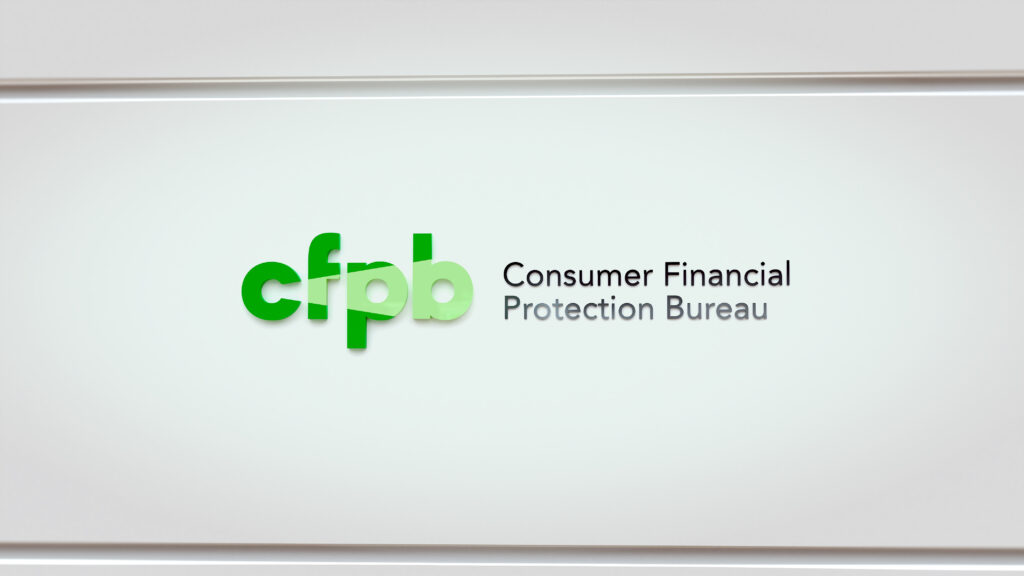
Junk fees, overdraft fees, and non-sufficient funds fees—or whatever you call them—add up to billions of dollars of year out of American’s pockets but a proposed rule by the Consumer Financial Protection Bureau (CFPB) would require the nation’s largest banks to apply longstanding consumer protections, including interest rate disclosures, to overdrafted loans.
The recently proposed rule would close an outdated loophole that exempts overdraft lending services from longstanding provisions under the Truth in Lending Act and other various consumer financial protection laws.
The CFPB said that, for decades, very large financial institutions have been able to issue highly profitable overdraft loans, which have garnered them billions of dollars in revenue annually. Under the proposal, large banks would be free to extend overdraft loans if they complied with longstanding lending laws, including disclosing any applicable interest rate. Alternatively, banks could charge a fee to recoup their costs at an established benchmark—as low as $3, or at a cost they calculate, if they show their cost data.
“Decades ago, overdraft loans got special treatment to make it easier for banks to cover paper checks that were often sent through the mail,” said CFPB Director Rohit Chopra. “Today, we are proposing rules to close a longstanding loophole that allowed many large banks to transform overdraft into a massive junk fee harvesting machine.”
The proposed rule would apply to insured financial institutions with more than $10 billion in assets, which covers approximately the 175 largest depository institutions in the country. These institutions typically charge $35 for an overdraft loan, even though the majority of consumers’ debit card overdrafts are for less than $26, and are repaid within three days.
Approximately 23 million households pay overdraft fees in any given year. The CFPB estimates that this rule may save consumers $3.5 billion or more in fees per year. The potential savings would translate to $150 for households that pay overdraft fees.
The proposed rule would require the largest financial institutions to treat overdraft loans the same as credit cards and other loans and to provide clear disclosures and other protections. Many banks and credit unions already provide lines of credit tied to a checking account or debit card when the consumer overdraws. The proposal provides clear rules of the road to ensure consistency and clarity.
The CFPB also is proposing to limit the longstanding exemption to overdraft practices that are offered as a convenience, rather than as a profit driver. The proposed rule would allow financial institutions to charge a fee in line with their costs or in accordance with an established benchmark. The CFPB has proposed benchmarks of $3, $6, $7, or $14 and is seeking comment on the appropriate amount.
Click here to read more on the history of the overdraft loophole, and more on the CFPB’s junk fee elimination efforts.






